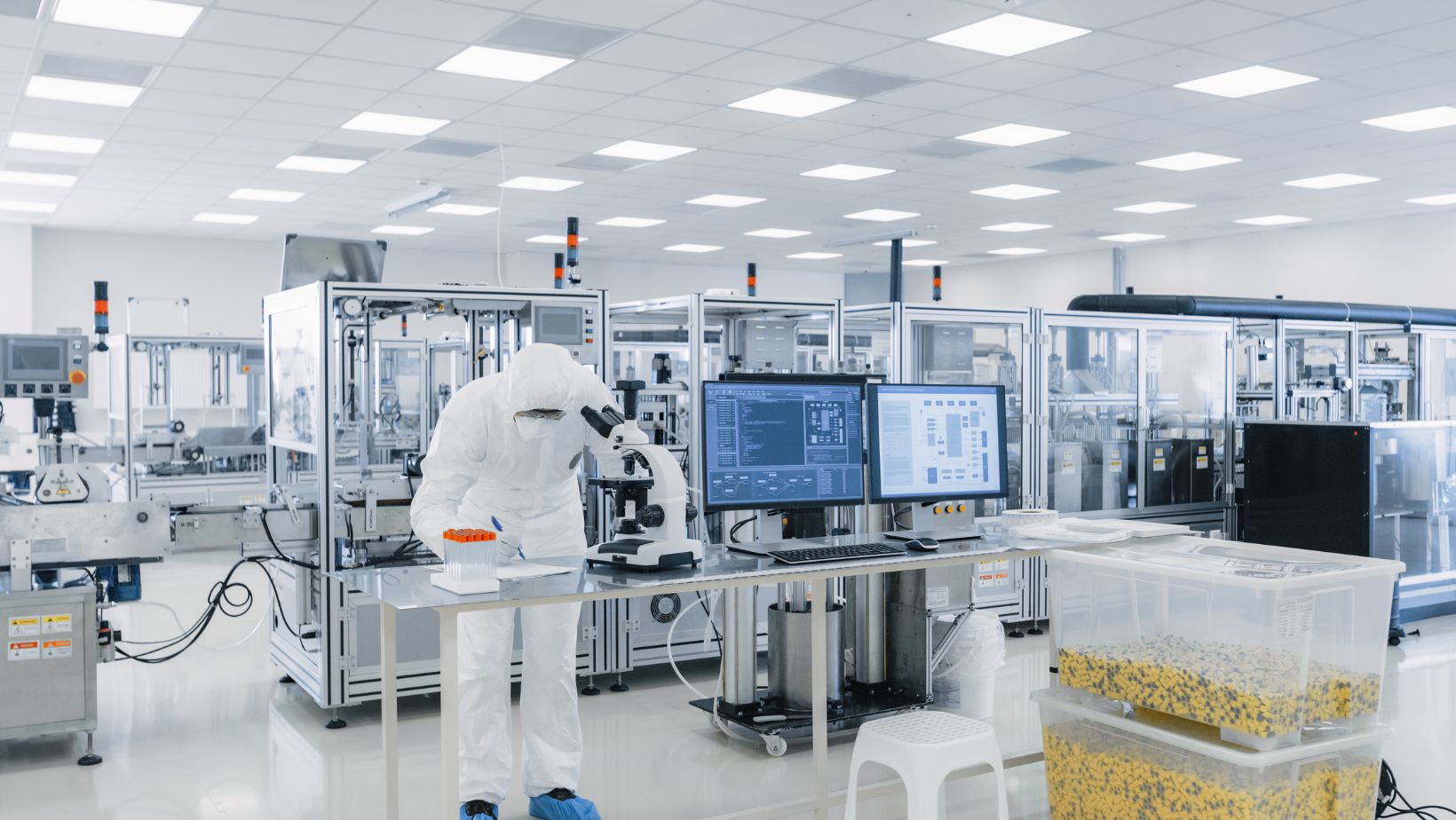
Collaboration is essential for fostering innovation and advancement in science and research. By leveraging collective expertise, researchers can make groundbreaking discoveries that would be unattainable individually. This article explores strategies to enhance collaborative efforts in scientific communities.
Empowering collaboration in science and research is pivotal for propelling the field forward. Effective teamwork accelerates the pace of discoveries and broadens the scope of what can be achieved. Understanding the importance of collaboration and implementing strategies to foster it can significantly affect outcomes.
Understanding The Importance Of Collaboration
The significance of collaboration in science and research cannot be overstated. Researchers bring diverse perspectives and expertise to tackle complex problems when they work together. This diversity often leads to more robust solutions and innovative approaches that may not have been possible through solitary efforts. Furthermore, collaborative projects can distribute workloads, allowing more efficient use of time and resources.
For instance, interdisciplinary teams can merge insights from various fields, such as biology, chemistry, and computer science, to solve multifaceted health issues. Such collaboration is crucial for developing comprehensive treatments and technological advancements that improve patient care. Continue reading as we delve into practical strategies to enhance the cooperation within your research team.

Building Effective Communication Channels
Establishing clear and open communication channels is foundational for successful collaboration. Regular virtual and in-person meetings ensure all team members are aligned with project goals and progress. Utilizing digital platforms such as Slack or Microsoft Teams can facilitate instant messaging and file sharing, streamlining the workflow.
Transparency in communication helps prevent misunderstandings and ensures everyone is on the same page. It is also vital for promptly addressing any issues or roadblocks, thereby maintaining momentum in research activities. Fostering a culture where team members feel comfortable sharing their ideas and feedback can lead to richer discussions and better outcomes.
In addition to digital communication tools, creating opportunities for face-to-face interactions among team members is also important. Regular in-person meetings, workshops, and retreats can help build stronger relationships and foster a sense of camaraderie within the research team. These personal connections can lead to more open and honest communication, essential for effective collaboration.
Leveraging Technology For Collaboration
Incorporating advanced technological tools can significantly boost collaborative efforts in research. Platforms like Google Scholar facilitate access to a vast repository of academic papers, enabling researchers to stay updated with recent developments in their field. Collaborative software such as Trello or Asana helps manage projects efficiently by tracking tasks and deadlines.

Creating An Inclusive Research Environment
An inclusive environment where every team member feels valued is essential for fostering collaboration. Encouraging diversity within research teams brings many perspectives that can drive innovative solutions. Mutual respect ensures that all voices are heard, leading to more comprehensive and well-rounded scientific investigations.
Additionally, providing opportunities for professional development can empower researchers by equipping them with new skills and knowledge. This continuous learning process not only benefits individual growth but also enhances the team’s overall capability to tackle complex challenges effectively.












